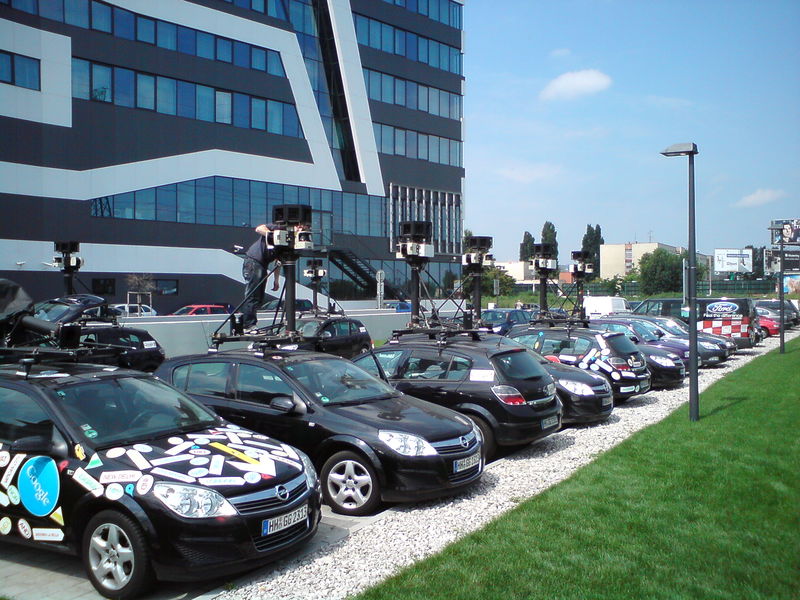Why Is Accurate Parking Essential in the 21st Century?
Let’s face it! Pandemic led empty roads, and parking lots are only a temporary occurrence. Once the coronavirus outbreak is behind us, the streets will again bustle with traffic congestion and shortage of parking, which will lead to even bigger bottlenecks. Let’s know why accurate parking is essential in the 21st century.
But, what if we think and plan ahead this time? What if we can provide data technology-powered solutions to make parking lots and spaces at airports, shopping centers, corporate campuses, universities, etc. intelligent in real-time?
Doing this will not only solve the problems surrounding traffic congestion but also help parking businesses enhance customer satisfaction, reduce vehicular carbon foot-print, and maximize revenue. All this can be done with accurate parking, and no, it is not a far-fetched delusion anymore. In the 21st Century, attaining 99+% accuracy in parking is possible, and the technology that makes it a reality is also highly affordable and quick to deploy.

Are you a parking professional who is ideating on concepts to reduce congestion, emission, space optimization, and dynamic price implementation? If so, you can exploit specific smart parking measures – like accurate parking data that are easy to use and offer real-time actionable information.
Why Is Real-time Parking Occupancy Data Indispensable?
Accurate parking technologies are only as good as their data reliability. If you have an intelligent parking system, in the hopes of accurately slotting vehicles, but no high-quality real-time data, your parking operation will be rendered useless. Alternatively, if you still manually count cars in your garage or open-air lot to keep track of accurate parking, be ready for several gaping inaccuracies.
Accurately tracking parking occupancy is essential and doable only by championing data quality. Why? Take, for example, an organization, say a university that does not have an accurate slot availability count. This results in students and faculties circle for a considerable amount of time looking for a suitable place, which makes them late for class, and emit greenhouse gasses.
Also, things could get nastier if word gets out about your lack of sustainable parking initiatives, which hurts commuter enrollments and causes street congestion. All this can also lead to safety concerns and traffic mismanagement for the community that lives in the neighborhood.
So, what do you do?
You go for accurate data-backed real-time parking availability counts that can help achieve the following-
- Get faculty and students into empty slots the minute they arrive near their college building.
- You can also base class schedules around parking occupancy patterns as well as locations. For example, if parking availability data is accessible in real-time as students or faculty drive towards their workplace, punctuality will increase.
- Optimize dynamic pricing. Accurate parking data can help you implement pricing strategies based on peaks and troughs in parking demand.
- You can employ said data for long-term parking-related planning.
- You can also push the availability of parking vacancy information to your parking app, signage board, and social media page to aid passing drivers.
The Bright Side:
As you can see, a simple idea, such as accurate parking data, can dramatically improve parking management in and around a hub. Given the pandemic will soon be behind us, now is the time when cities should start innovating and implementing intelligent parking solutions.

